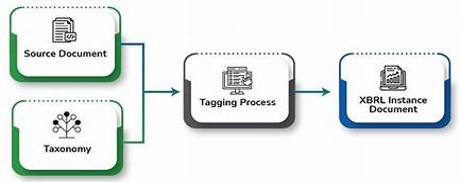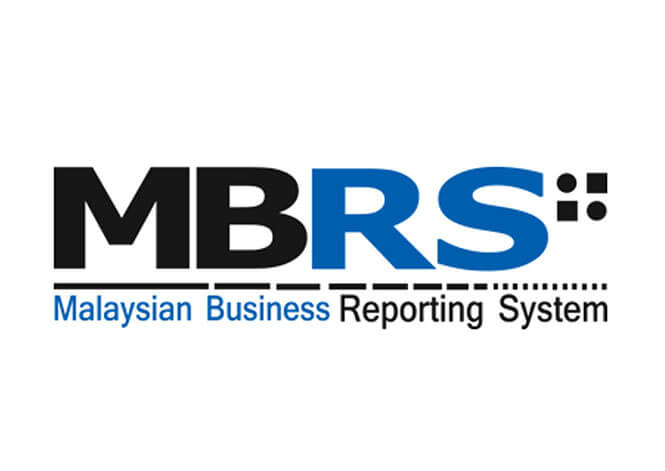Financial Statements and MBRS (Malaysian Business Reporting System) Implementation
The implementation of MBRS affects various types of financial statements and reports, including:
1. Annual Returns (AR): Companies must submit their annual returns digitally through MBRS.
2. Unaudited Financial Statements (UFS): Companies must prepare and submit their unaudited financial statements using the MBRS platform.
3. Audited Financial Statements (AFS): Companies must submit their audited financial statements digitally through MBRS.
4. Exemption Applications (EA): Companies can submit applications for exemptions related to financial statements and annual returns through MBRS.
5. Key Financial Indicators (KFI): Companies must report key financial indicators using the MBRS platform.
Differences Between Previous Procedure and MBRS Implementation
Previous Procedure:
- Manual Submissions: Companies submitted their financial statements, annual returns, and exemption applications in hard copy or paper-based format over the counter.
- Inconsistent Formats: Financial statements were prepared in various formats, leading to inconsistencies and difficulties in data analysis.
- Time-Consuming: Manual submissions were time-consuming and prone to errors, leading to delays in processing and validation.
- Limited Accessibility: Paper-based submissions were less accessible and harder to store, search, and retrieve.
MBRS Implementation:
- Digital Submissions: Companies now submit their financial statements, annual returns, and exemption applications digitally through the MBRS platform.
- Standardized Format (XBRL): Financial statements are prepared using the eXtensible Business Reporting Language (XBRL), ensuring consistency and accuracy in data reporting.
- Faster Processing: Digital submissions are processed more quickly, reducing the chances of errors and delays.
- Enhanced Accessibility: Digital records are easier to store, search, and retrieve, improving accessibility and record-keeping.
- Validation Checks: Built-in validation checks in the MBRS platform help ensure that submissions are accurate and complete.
- Role-Based Access: Different users within a company can have specific roles and access levels for submitting reports.

Benefits of MBRS Implementation
1. Improved Data Quality: The use of XBRL ensures that financial data is accurate, consistent, and easily accessible.
2. Cost Savings: Reduces the need for paper, printing, and postage.
3. Better Compliance: Enhances corporate compliance processes and improves data analysis and quality of information.
4. Transparency: Builds trust with stakeholders by providing reliable and transparent financial reporting.

